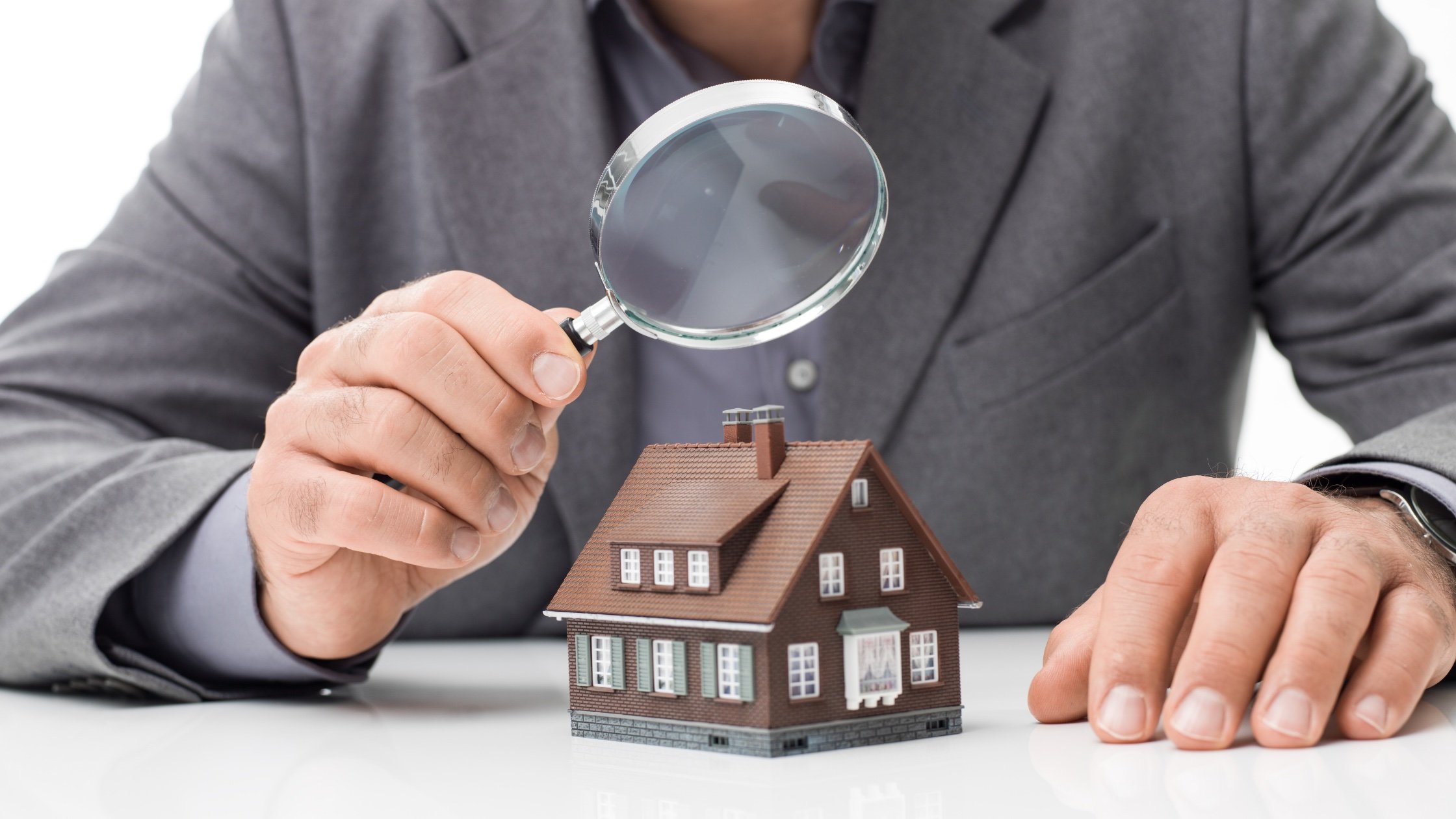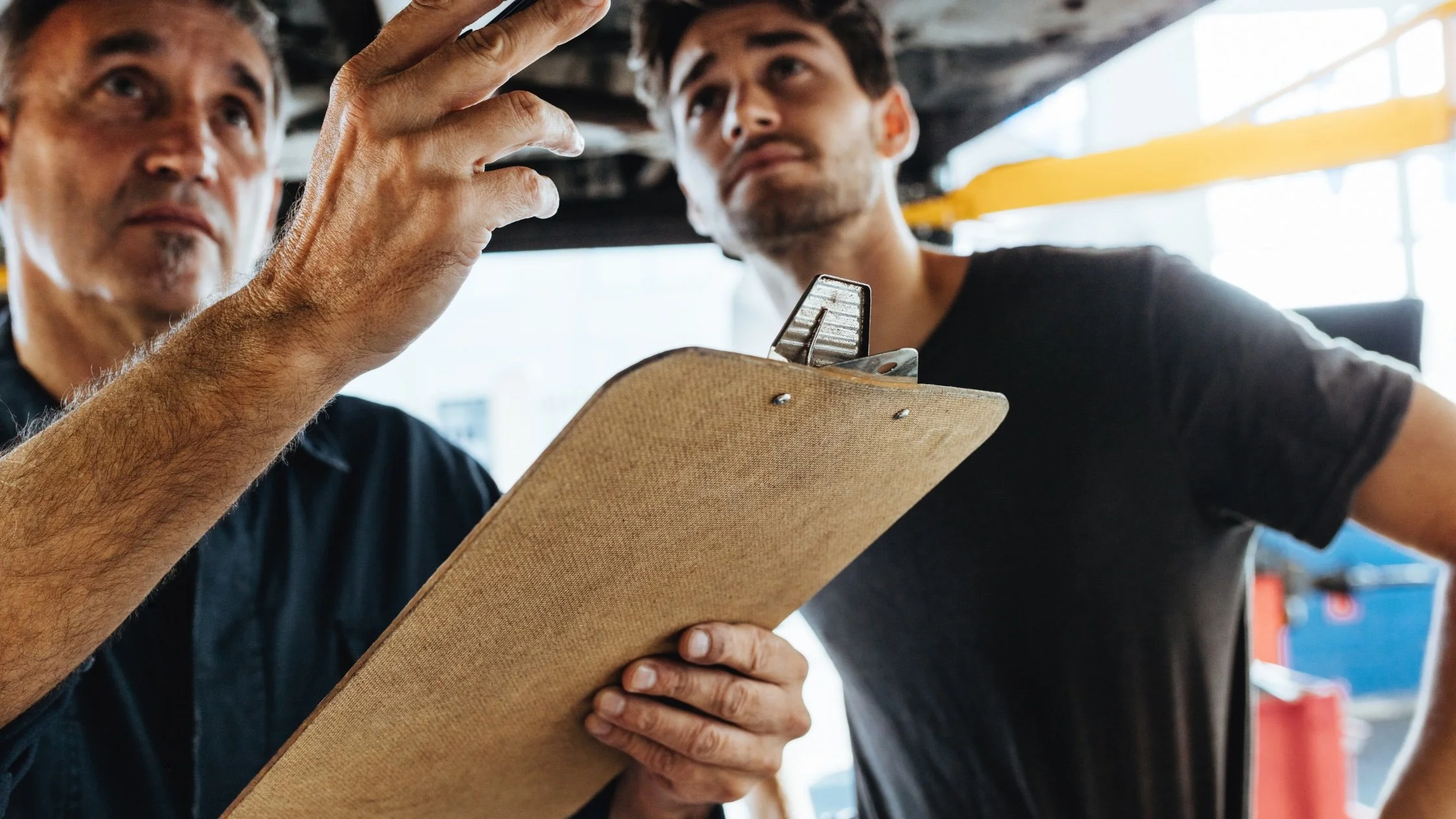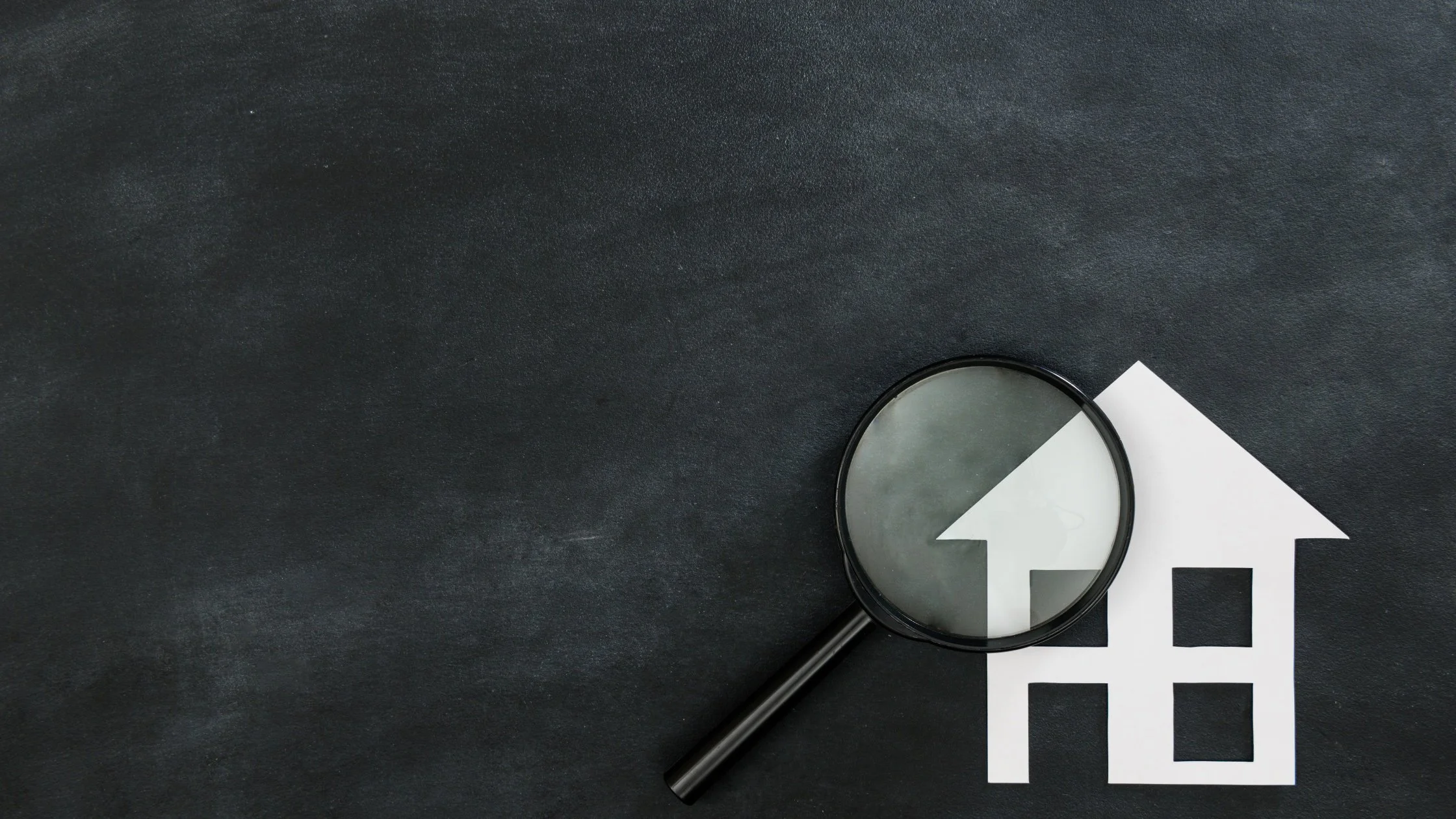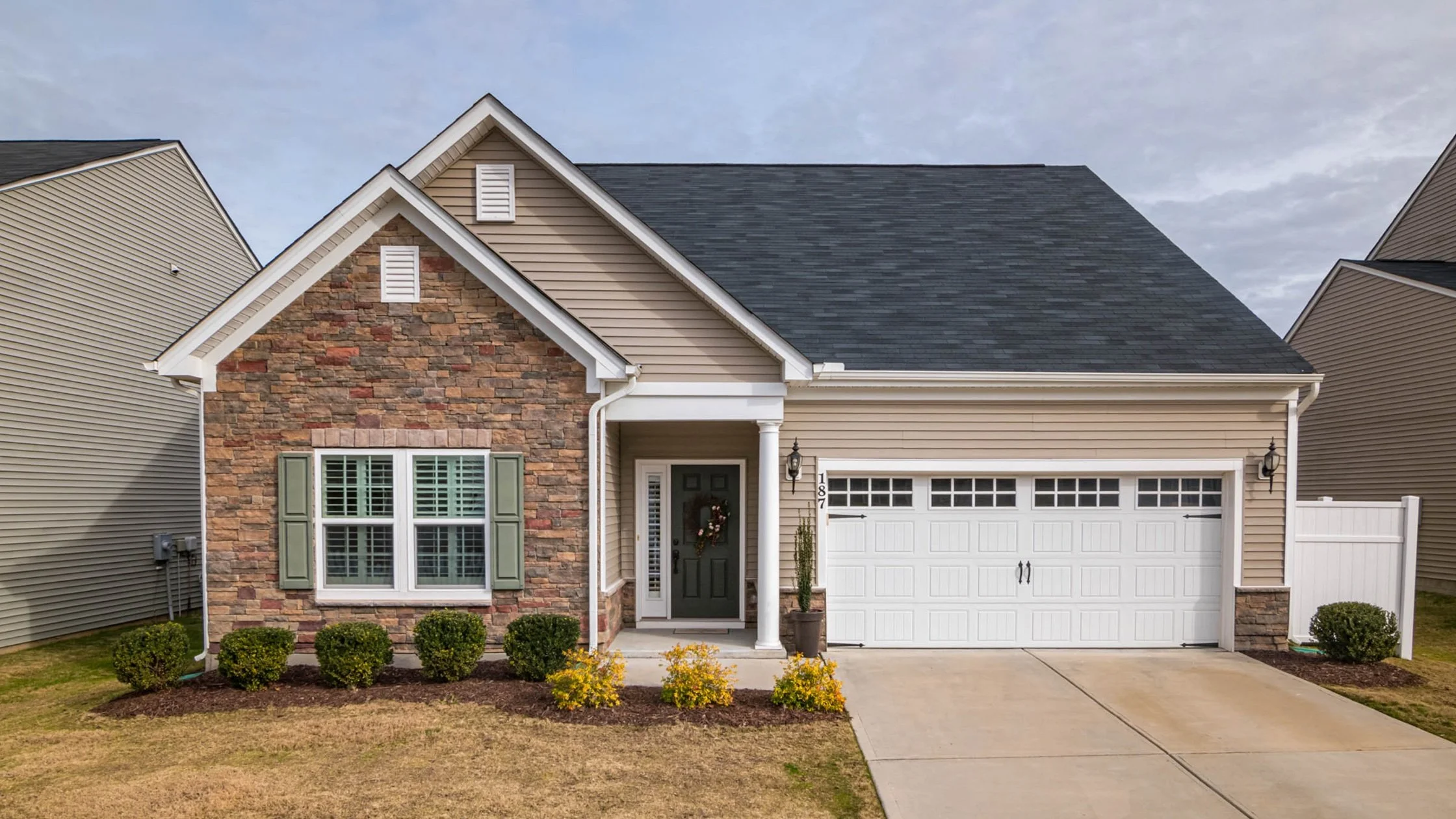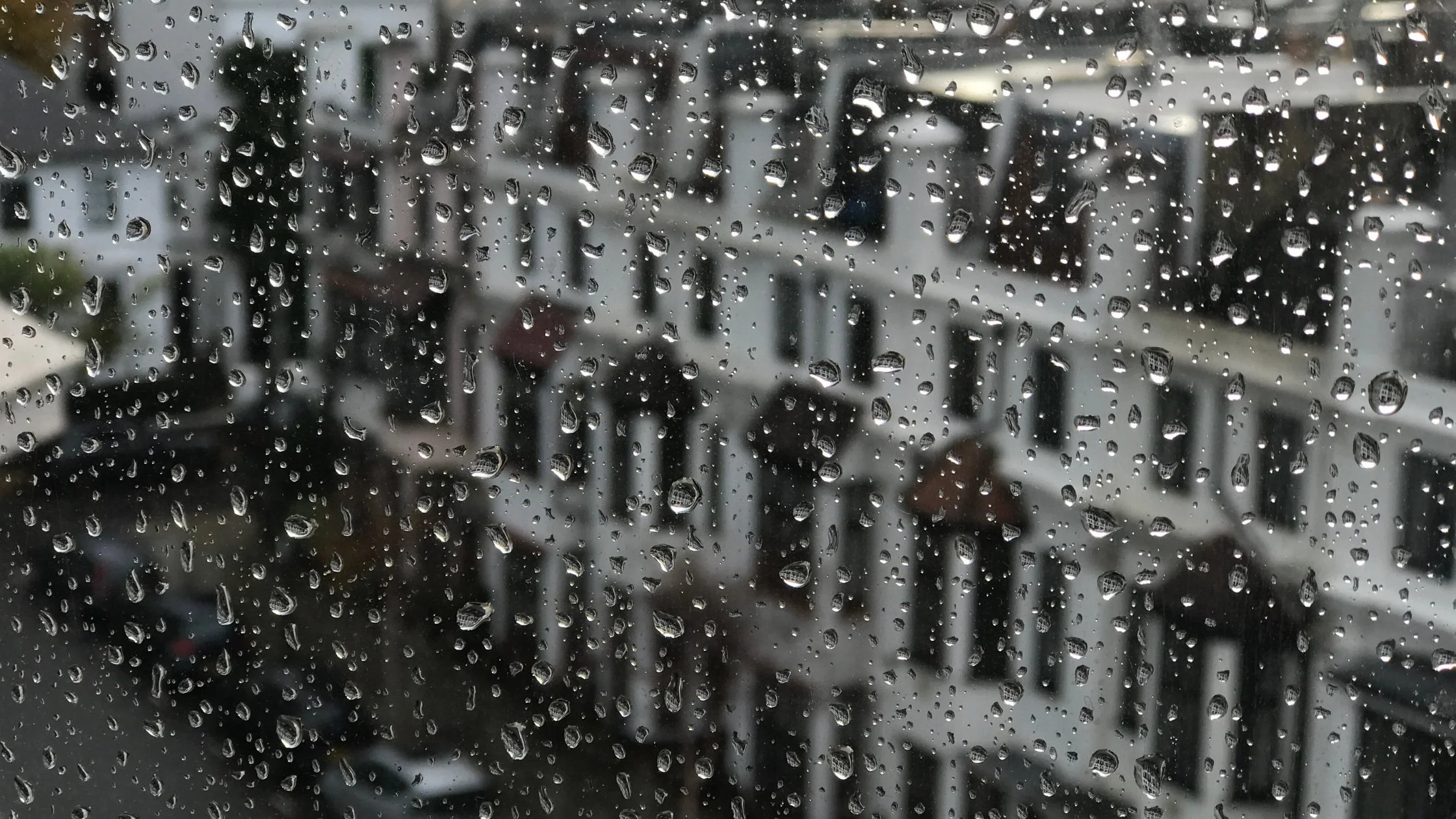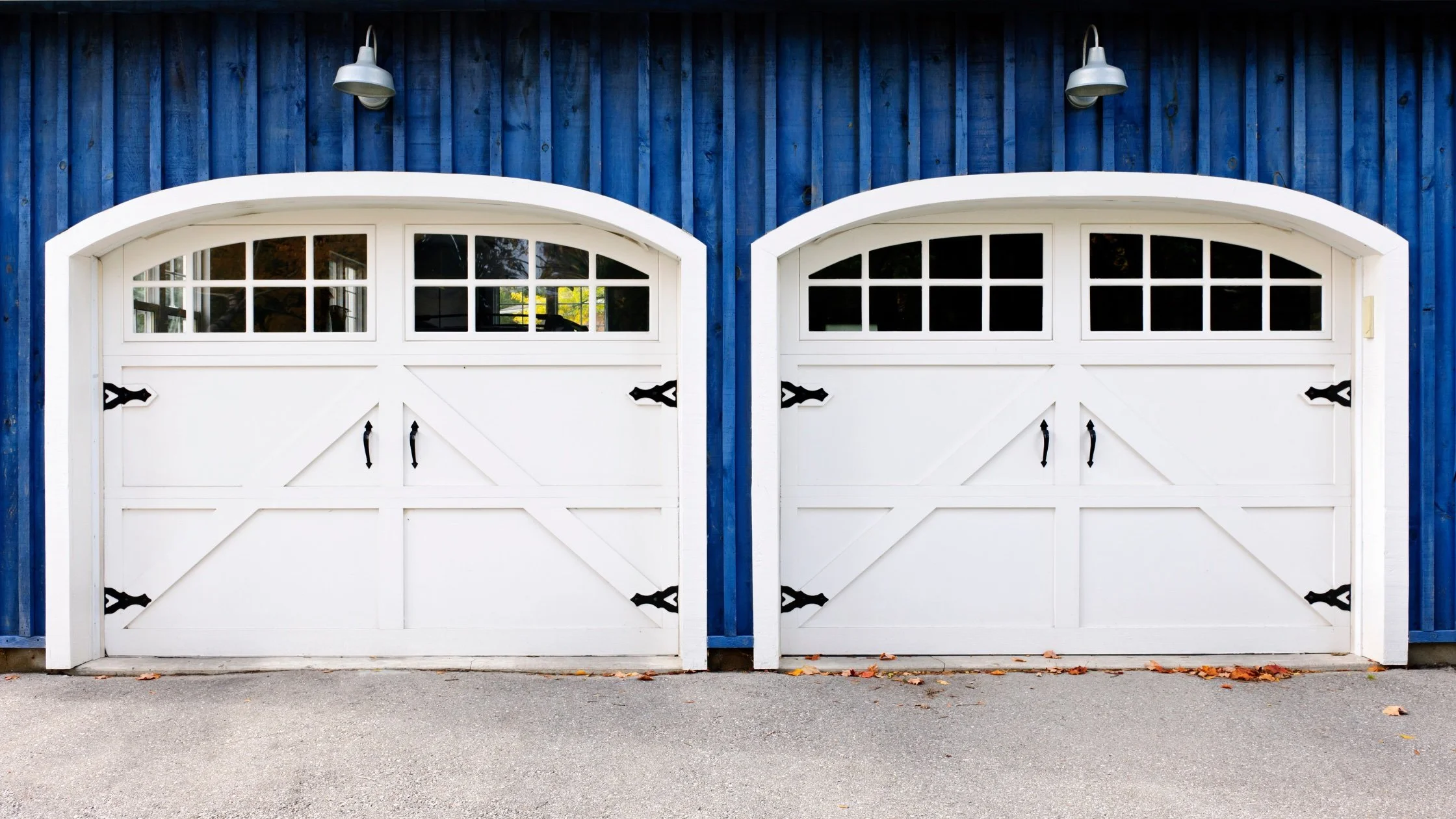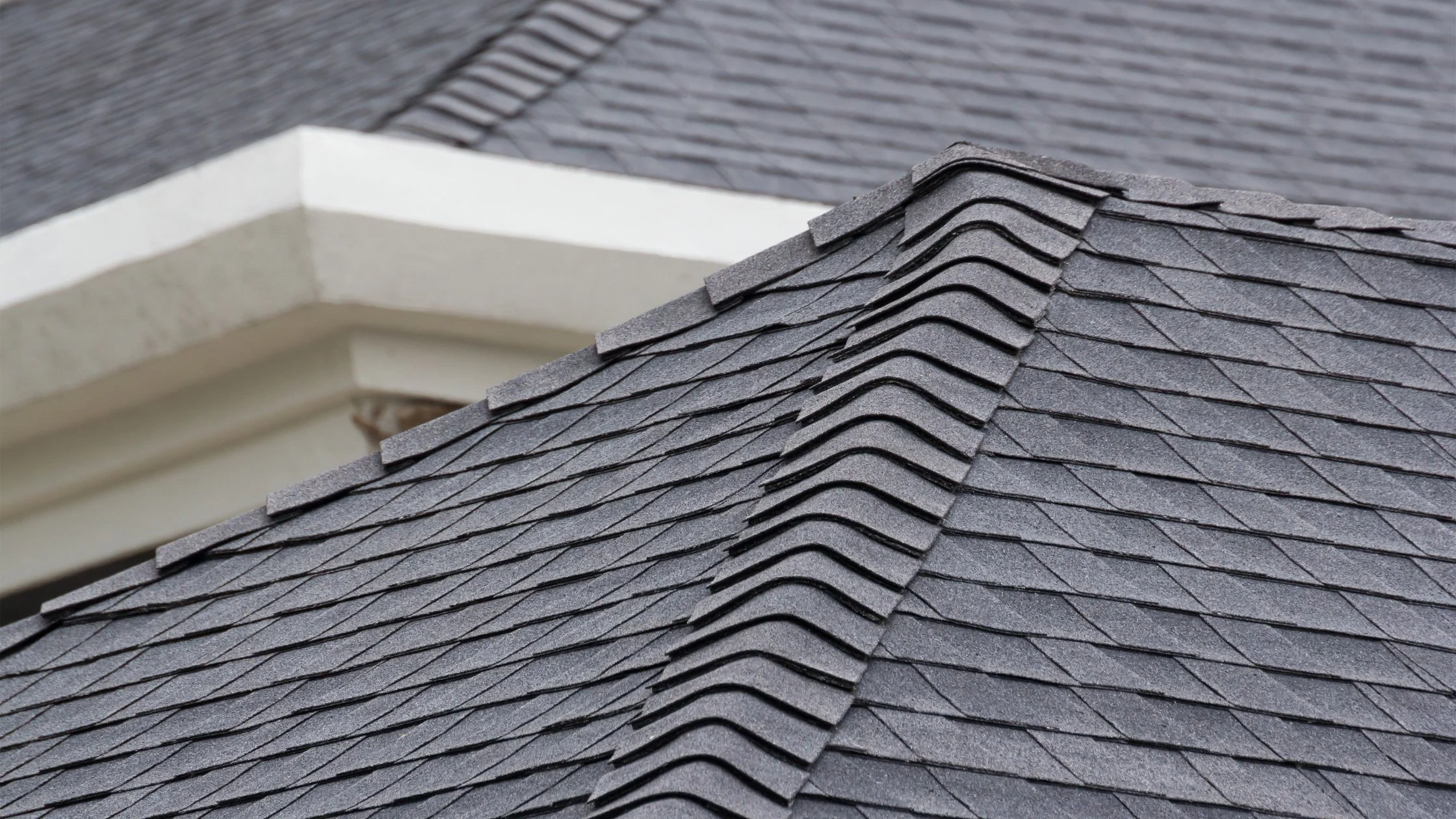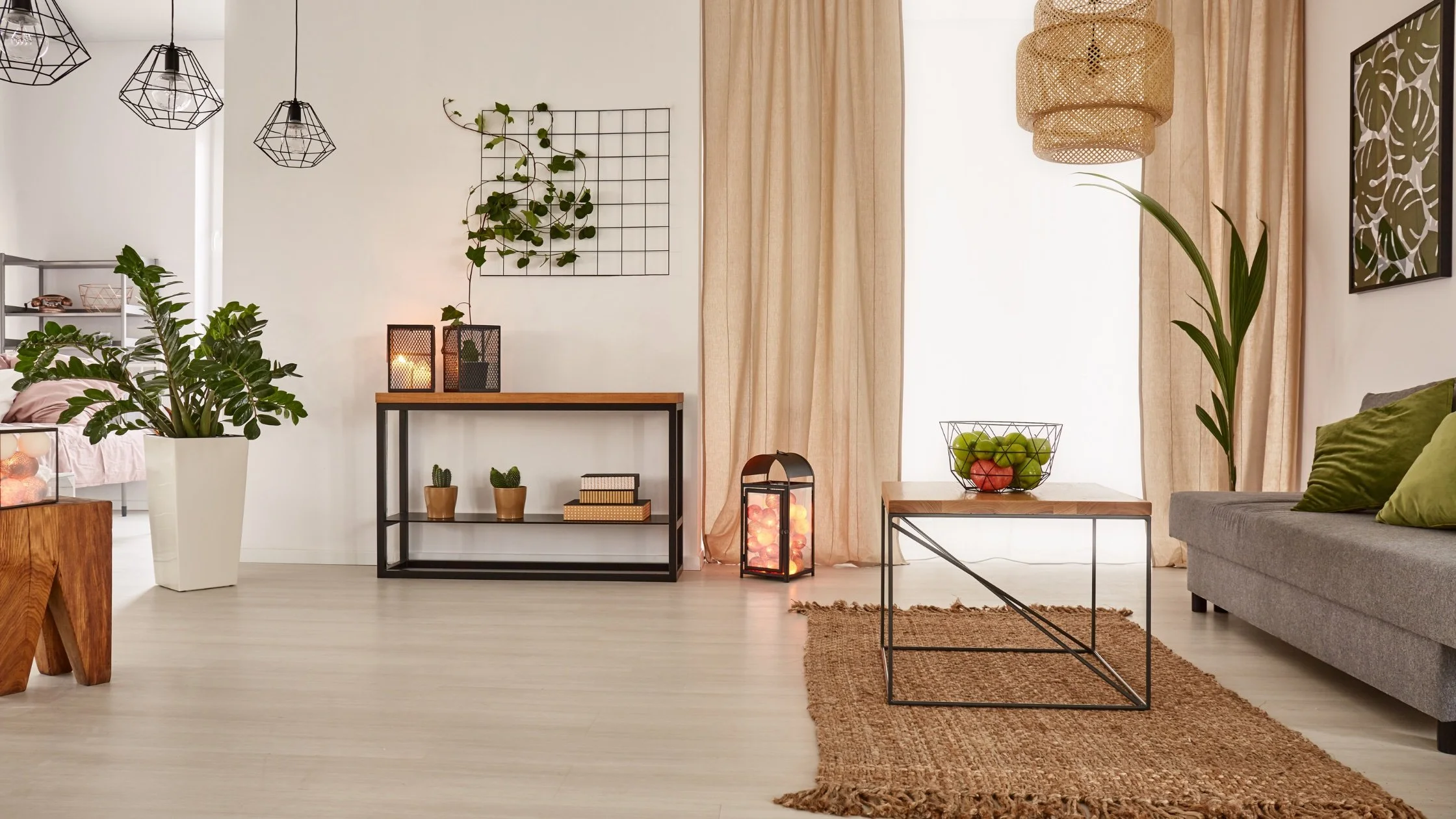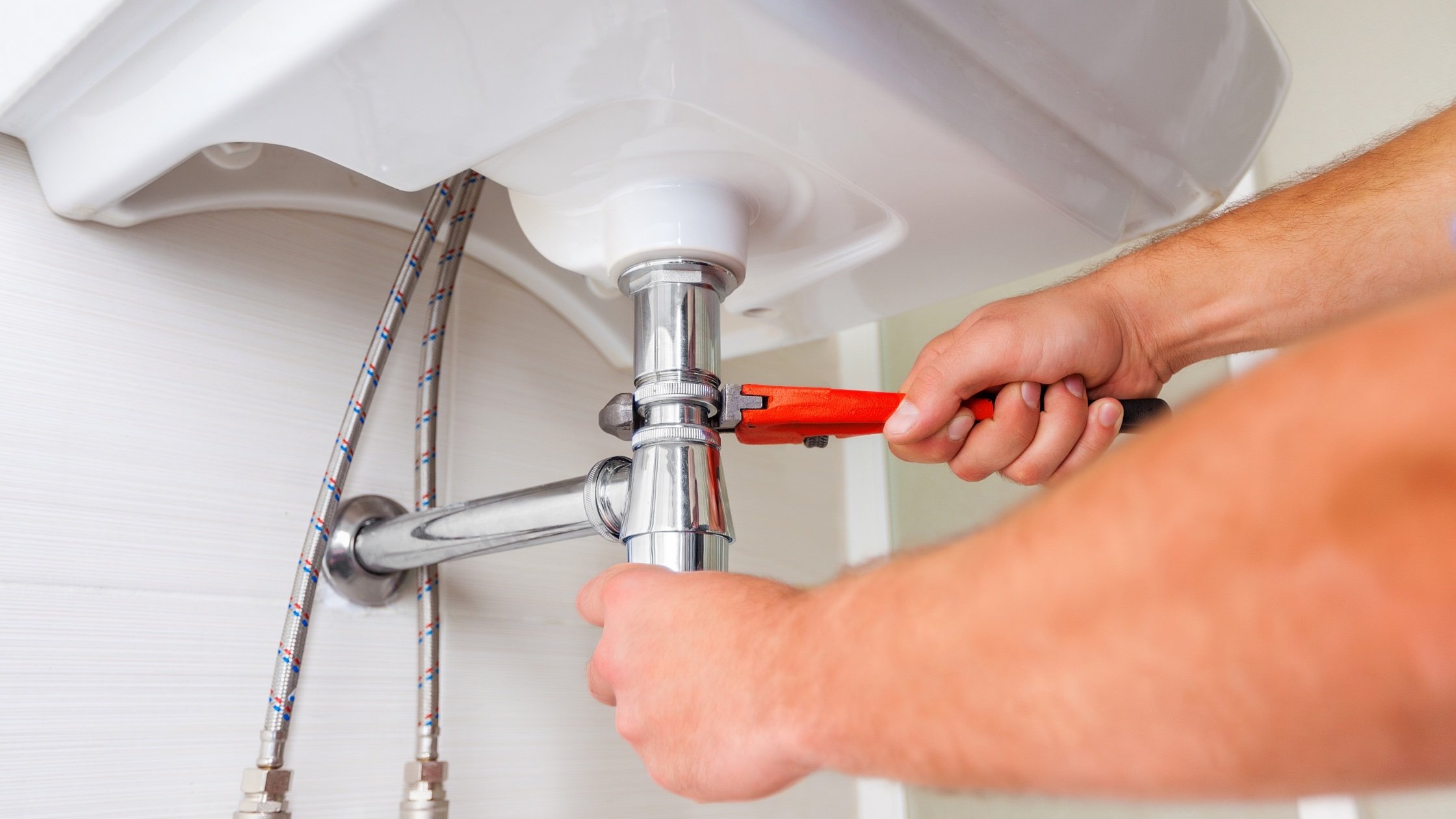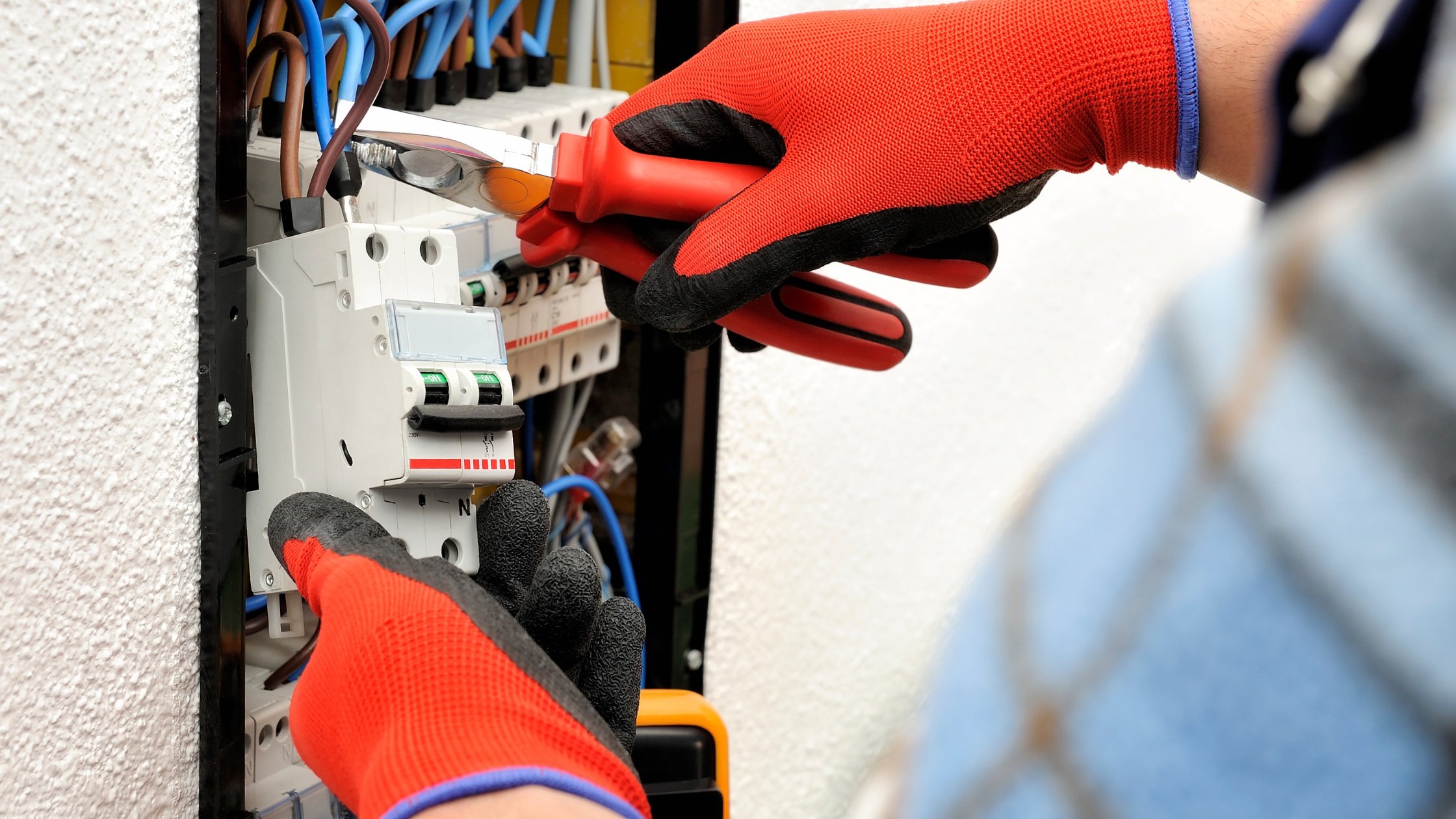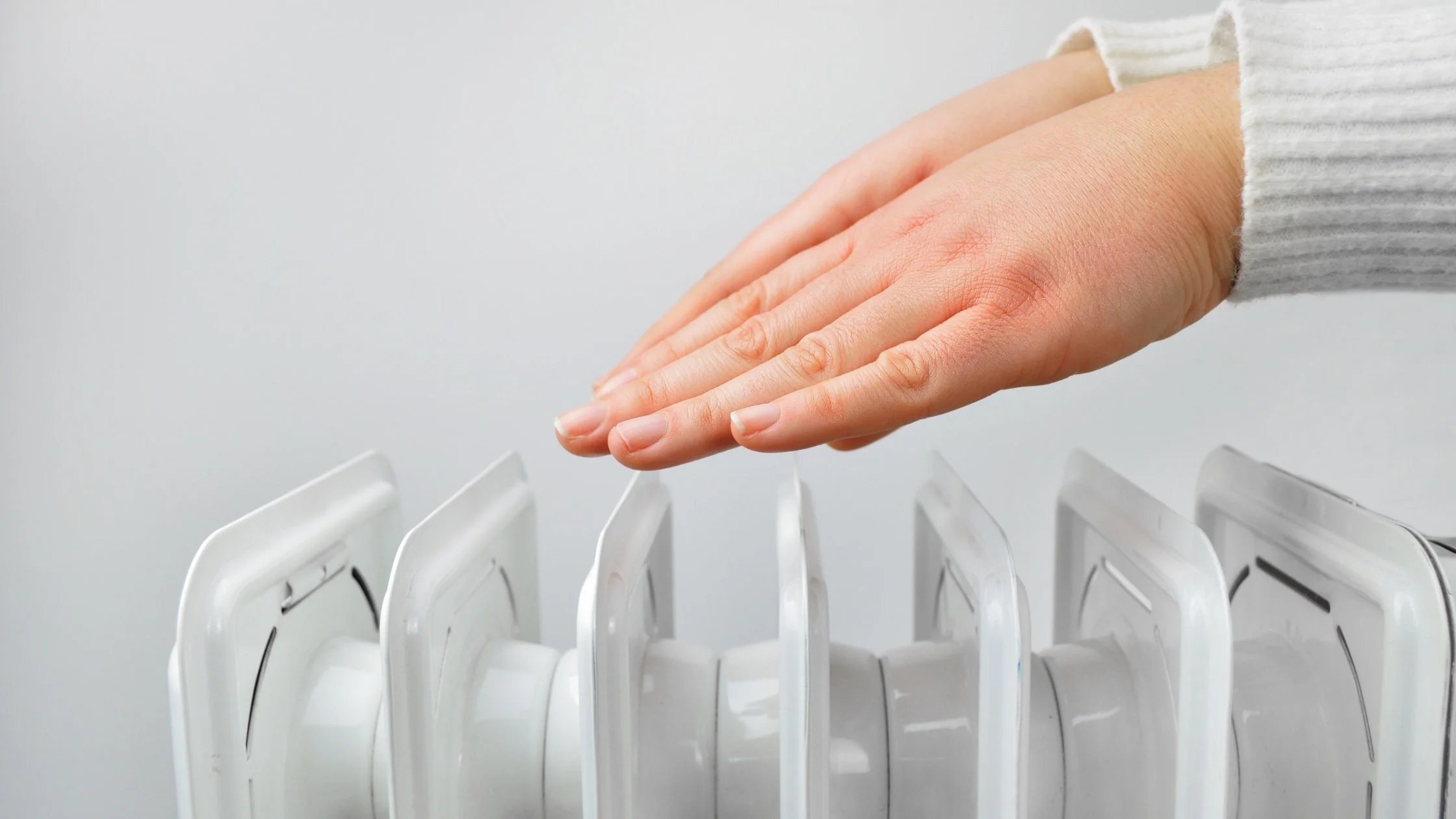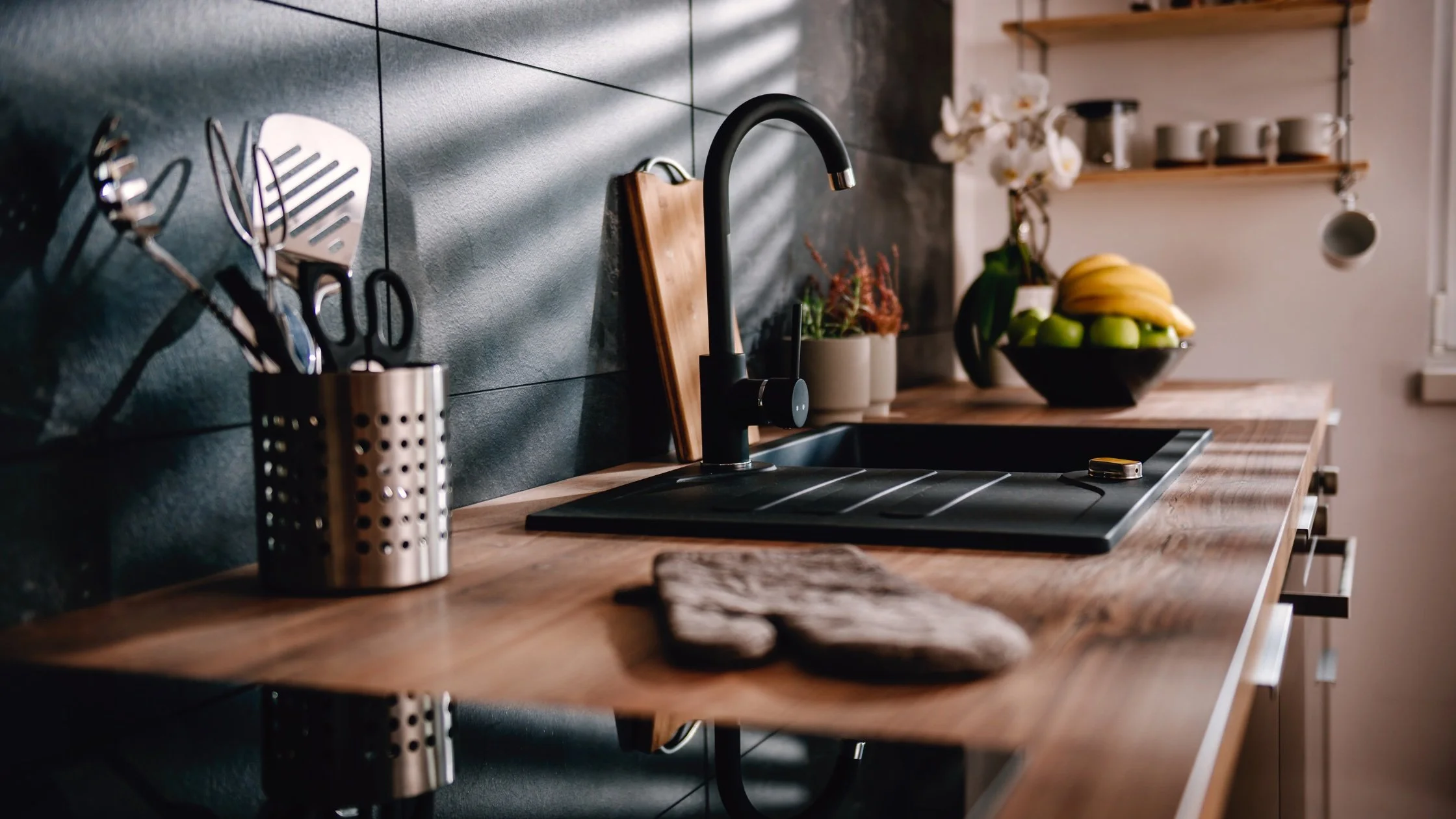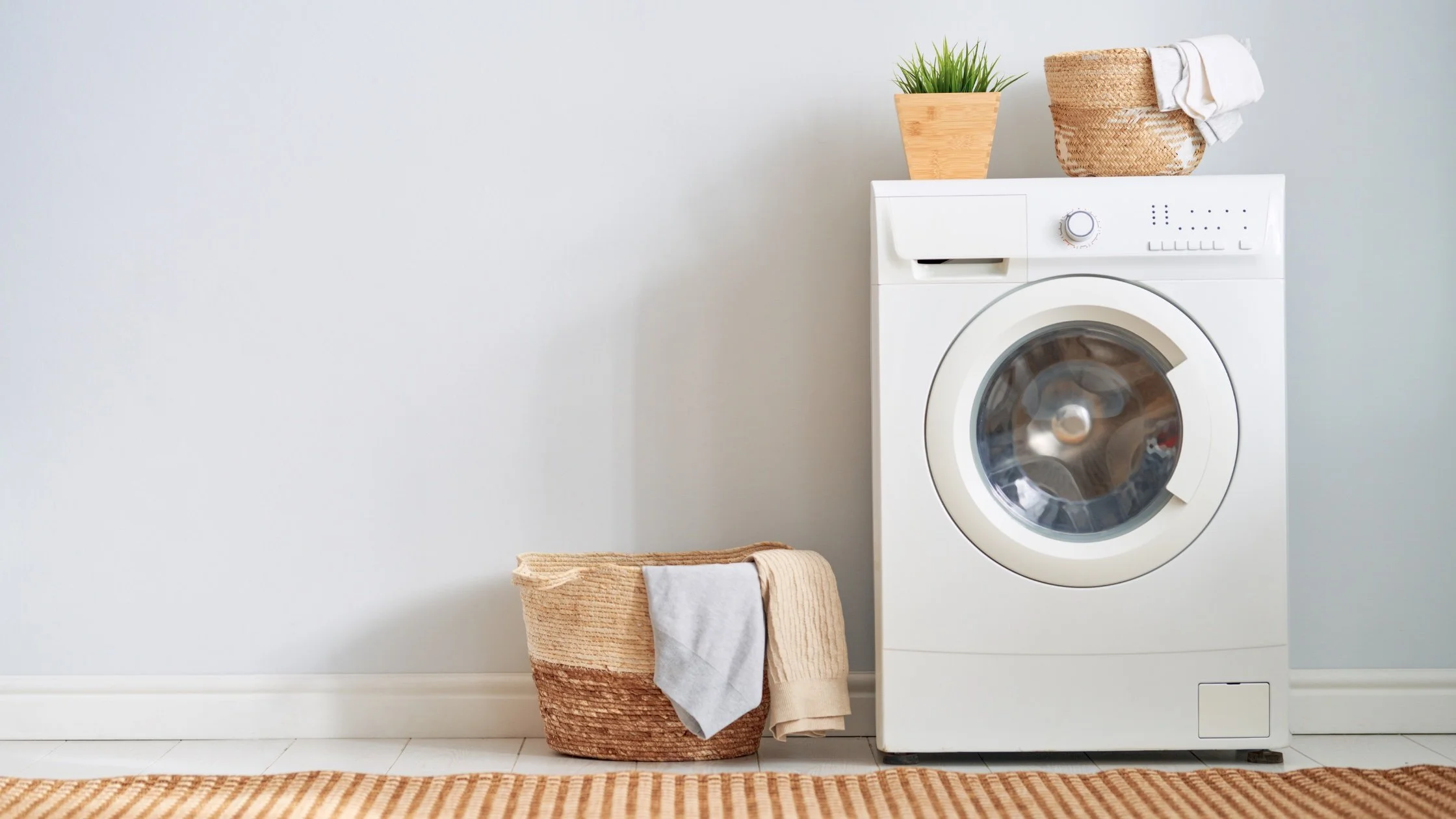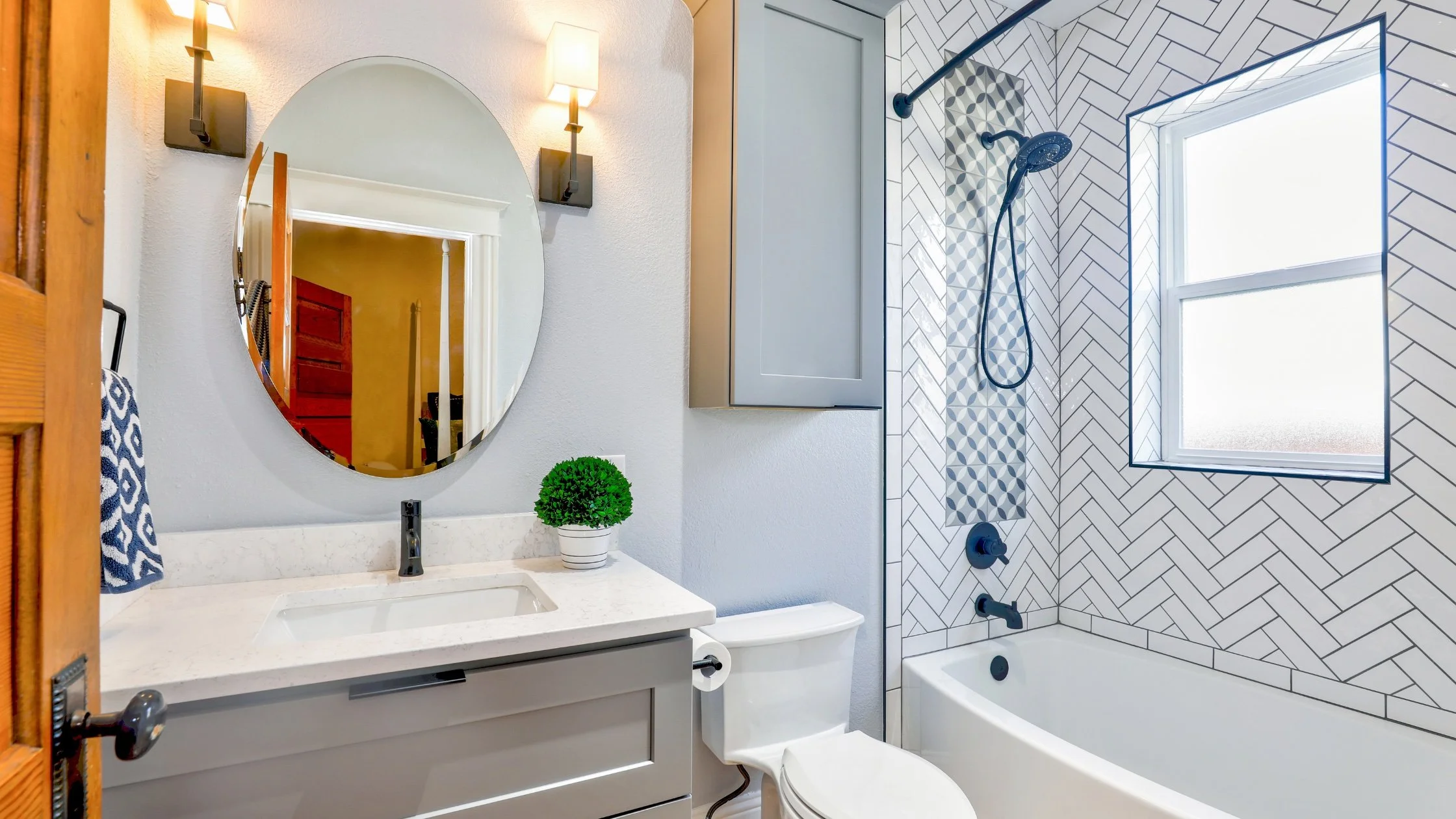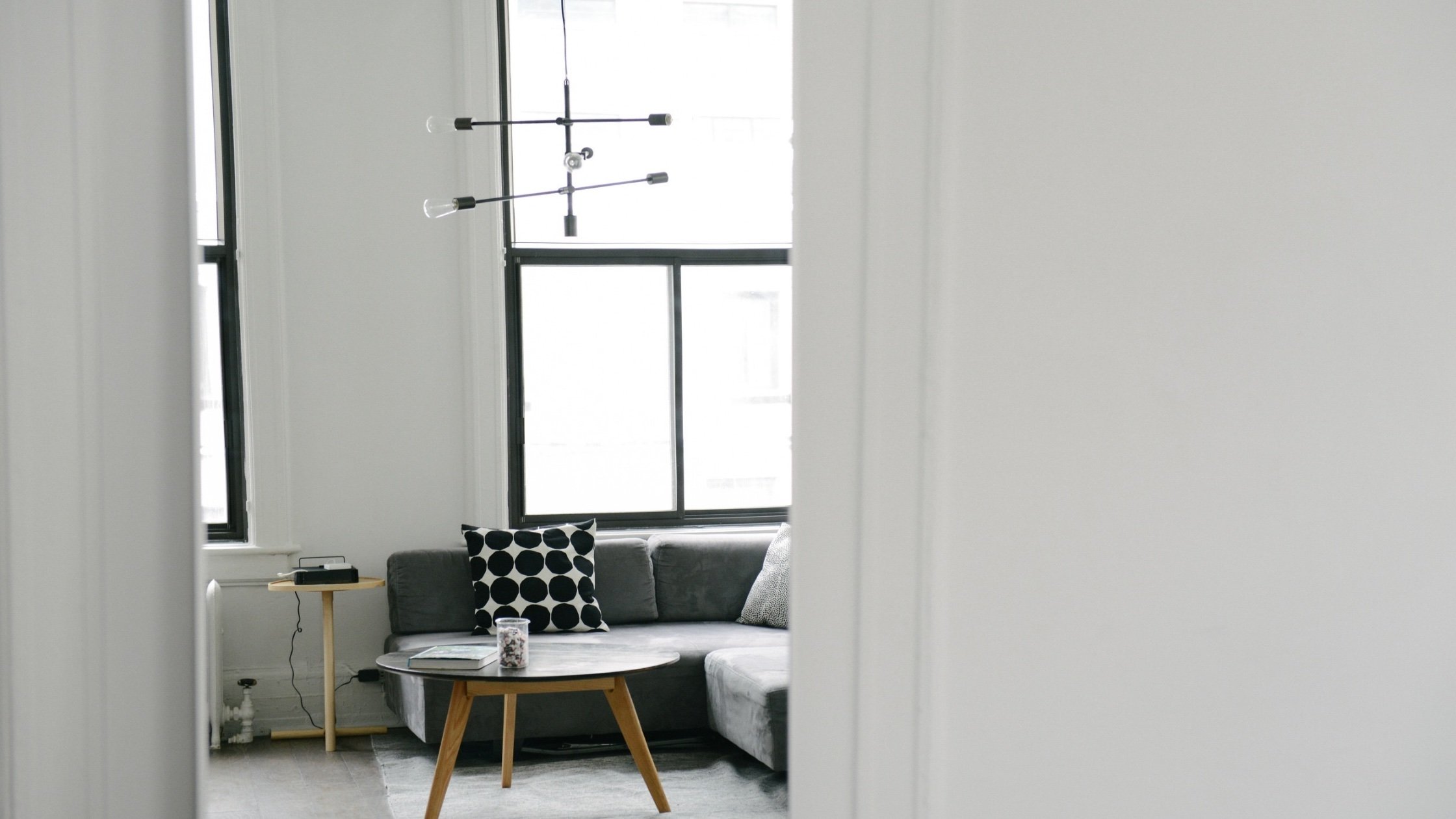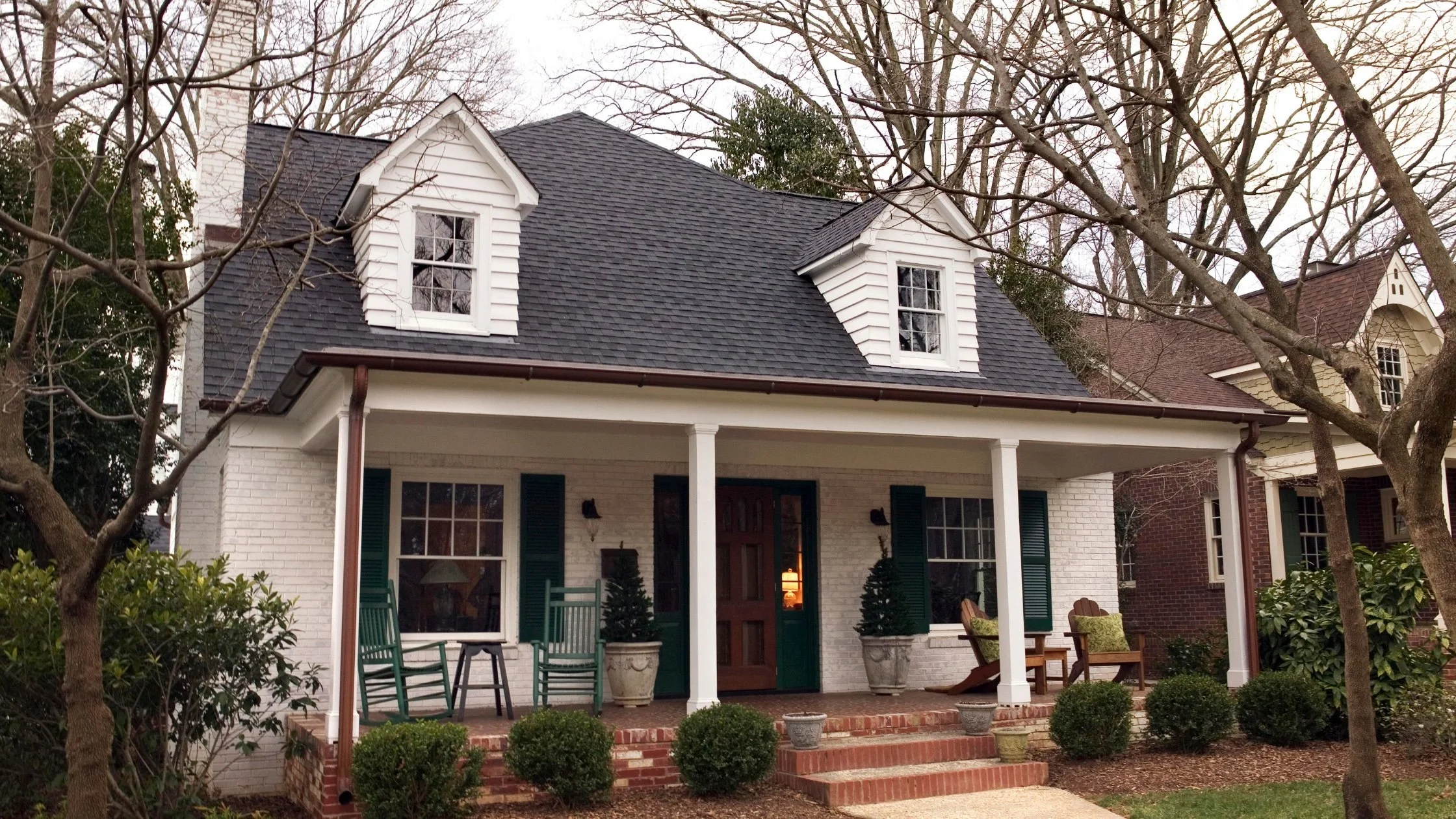Never Skip the Home Inspection!
When you sign an agreement of purchase and sale to buy any Halifax property, you will come across conditions that the buyer must fulfil. One of those conditions is optional, and that is the home inspection. Even though it is optional, any experienced Halifax REALTOR® will tell you that it is should not be skipped. Home Inspections can reveal deficiencies in the property that can either lower the purchase price or cause the seller to have to fix these issues so that you do not have to deal with them when you move in. Is the cost of a home inspection worth it? We know the answer is yes, but read through this article to decide for yourself!
Home inspections function as official documentation of any issues with the property in question so that the buyer can address them with the sellers to come to an agreement. A home inspection can be used as a contingency in the purchase agreement, giving the buyers room to back out of the deal if there are too many issues found during the home inspection.
What does a home inspection cover?
A good inspector should inspect the following parts of the home, and take photos or videos or the issues. You can and should be present during the inspection, so you can see first hand the issues that may arise. If you cannot be there, your Halifax REALTOR® can be present for you. They will then be able to see what is wrong and negotiate on your behalf with the sellers if needed.
The home inspector should make a note if the issues detected are safety issues or minor/major defects. They should also note what needs repair and what needs to be replaced. They may even note if issues are ok for now but will need to be addressed soon.
The following list is what the home inspector will normally inspect:
The Exterior
The Home Inspector will check the exterior of the house for cosmetic damages and more serious problems. They will inspect the roof, chimney, gutters, downspouts, the surface of the walls, windows, doors, and the foundation. One thing to note is that they will not check for pest infestation or pest damage such as termite damage - this is something you may need a pest inspector to do if you wish. A home inspector will also check for siding cracks, rot, decay, and if there is enough clearing around the foundation to prevent moisture build-up. In a typical Halifax house, you normally cannot see the foundation, but a home inspector can look for things that may indicate damage such as cracks or settling.
Potential for Water Damage
The home inspector will look at the grading, whether it slopes away from the home or not, standing puddles and downspouts to assess the potential for water damage. Home flooding can be a huge burden and expense, so having this component looked at is crucial. If, for example, the grading does not slope away from the home, there is an increased risk of flooding - you would then need to think about installing drainage or re-slopping.
Garage
If your new Halifax home has a garage, the home inspector will test its door to ensure there are no issues with opening and closing, the will make sure the framing is sound, that the electric wiring is up to code, and if the garage is slopped properly. The most important part of the garage that the home inspector checks is if it is properly ventilated. This is very important to prevent the accumulation of carbon monoxide when running a car inside the garage.
Roof
The inspector checks the roof for damage or poor installation and if there are damaged mastics around the vents that are letting excess heat escape. Home inspectors are not required to walk on the roof according to the NACHI and ASHI National Standards of practice, however most will as long as it seems safe and the weather permits. You can speak to your Halifax REALTOR® or Halifax home inspector about this, and if needed you could hire a separate roof inspector.
The Interior
The interior aspects of the home that the inspector will check are the electrical, heating, air conditioning, ventilation, plumbing, insulation, flooring, ceilings, walls, windows and doors. Some may also inspect any wood-burning appliance. The inspector will not open any walls, and will not look under the floors.
Plumbing
Concerning the plumbing, the home inspector will check the faucets, showings and drains. They will test the water pressure and make sure there are no leaks. If any pipes are visible, they may be able to determine the kind of pipes that are in the home. If the home inspector believes the pipes are old, they may recommend that you have a plumber replace them or at least evaluate them further. The inspector may evaluate if the toilets and sinks are caulked properly, and evidence of tree root damage that could cause pipe clogs.
Electrical
The first thing the Halifax inspector will do is determine what kind of wiring the home has. They will make sure all of the outlets are working correctly, and ensure that there are functional ground fault circuit interrupters to prevent electrical shock. They will ensure there are no electrical fire hazards, that the fuses are not overheating and there are no exposed slices. Again, they will do their best to inspect these elements without opening any walls.
Heating, Ventilation and Air Conditioning
The inspector will look at your HVAC system to estimate the age of the furnace and air conditioner. They can also make a recommendation if the system is in need of servicing or repair. The inspector may check the home’s ducting as well, in case of leaks, which is great to know as this allows heat to escape and raises electricity bills. The same thing goes for the water heater: the inspector will ensure it is properly installed and secure. They can also make an estimate of how many years it’ll be good for from that moment on.
Kitchen Appliances
Kitchen appliances are not always part of the home inspection. An inspector may have a look at your kitchen appliances simply to ensure they work. You can double-check if this will happen with your Halifax REALTOR® or home inspector. Appliances that the home inspector will normally check are the appliances that are going to stay with the home: typically included ovens, ranges, cooktop appliances, dishwashers and food waste disposal.
Laundry Room
The most important element of the laundry room that the inspector will check is if it is properly ventilated. If the dryer-exhaust system is not properly maintained, there could be a risk of fire.
Bathrooms
The inspector will ensure that there are no visible leaks in the bathroom, that the toilets are properly secured, and that there is proper ventilation. If there is no proper ventilation, mould and mildew can cause illness and warp the wood in the room. Like discusses earlier, they will also ensure there is proper water pressure, and that the drains are working.
Miscellaneous
A few other things that the inspector will check are:
-the smoke and carbon monoxide detectors are working
-stairs are secure
-no cracks in the walls
-house appears straight/is not sagging or bowed
-window frames are secure and their joints are caulked properly
-possible radon test if requested
It is very important to understand any issues with the home you are purchasing. Buying a home may be the largest purchase in your life! Once you are aware of the issues, you can do the following:
-Walk away from the deal if its too much
-Allow your Halifax REALTOR® to negotiate a price reduction
-Allow your Halifax REALTOR® to negotiate that the issues are resolved before closing.
Remember, the home inspector is always going to find something wrong - the importance of the home inspection is to know how severe the defects are. Even in brand new homes, there can be small issues.
Also, know that the seller will likely not fix all issues for you - this is just unreasonable. They may meet you halfway though, which could save you some serious cash.
A home inspection is always going to cost time and money, however, in the long run, it is better to fork out a couple of hundred dollars to potentially avoid paying thousands in renovations. If you are a first time home buyer, the inspector can also provide you with some really helpful maintenance advice so that you maintain your home properly to avoid major issues down the road. Just think: buying a house is a large investment, it is important to know as much as possible about what you are signing up for.
Author: Jordan Gunn
Licensed Real Estate Assistant
The Andrew Perkins Real Estate Team
Keller Williams Select Realty

